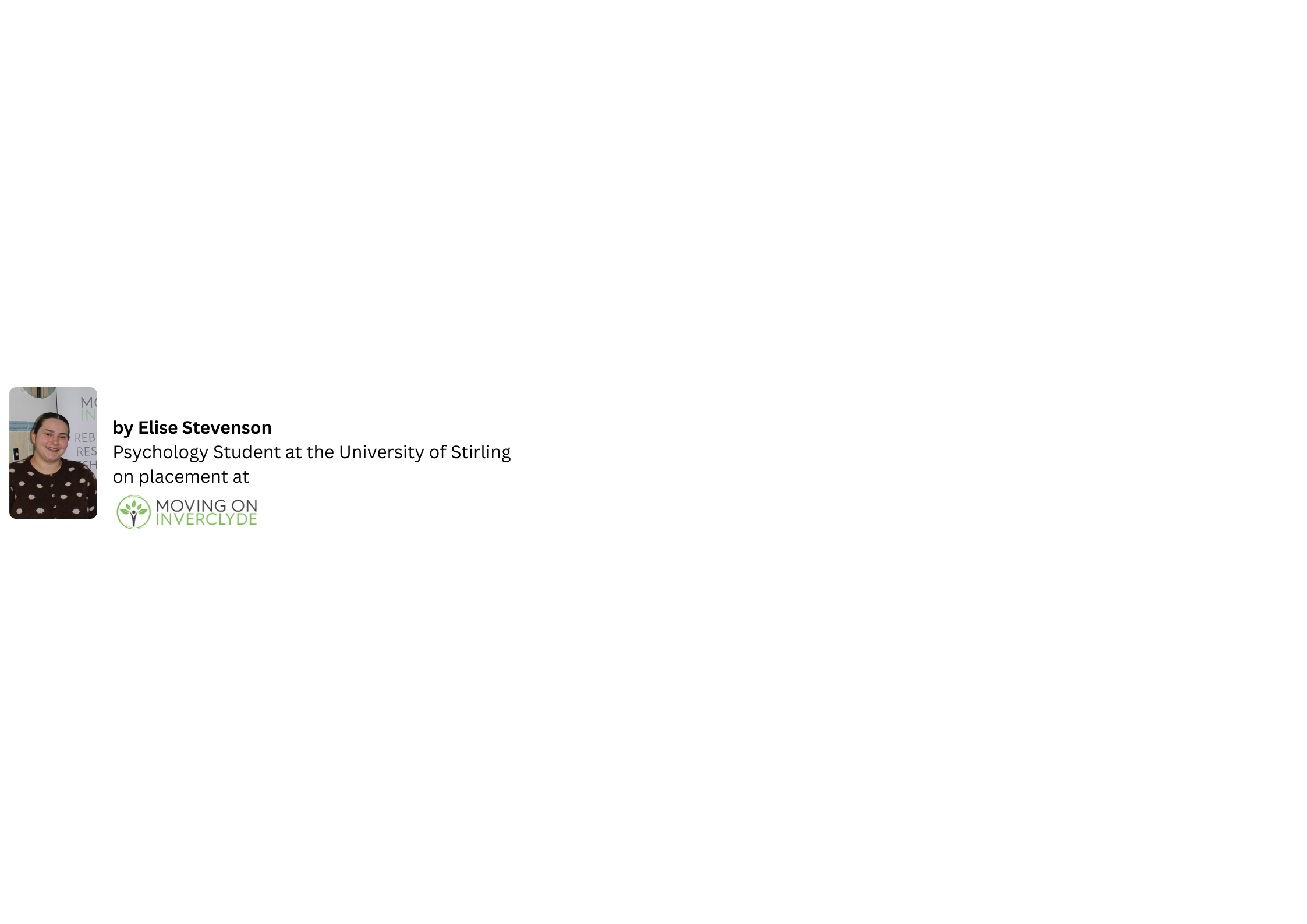Why Women’s Health Is Still Being Overlooked: The Gender Health Gap
As a woman, have you ever felt dismissed when it comes to your health? By your doctor, by the men in your life or by wider society in general? Well, you are not alone, and there is a reason for this shared consensus…
In 2021, the UK House of Lords acknowledged and set in motion plans to over come the ‘gender health gap’. This debate was based on research which showed women received a poorer standard of healthcare than men (1) – often times being misdiagnosed, dismissed or turned away completely.
Issues such as these arise due to the ‘gender data gap’. This term was coined by Caroline Criado Perez in her book, ‘Invisible women’ (2). The gender data gap is a form of measurement bias in research that affects the collection and interpretation of women’s data. Meaning it either isn’t collected at all, is limited in terms of size and demographics or is interpreted incorrectly. In many cases in our everyday life data collected based on men is used to create systems and items for women. This is of course an issue because women are not men!
For example, when a woman has a heart attack, it is more likely to go undiagnosed than when a man does, due to the two sexes displaying different symptoms – for a long-time men’s symptoms of a heart attack were considered the standard and as women’s symptoms deviated from this norm, they were often missed! (2) I don’t have to tell you the impact this has upon women and our health, especially in recovery.
So how did we get here? The gender data gap isn’t necessarily the outcome of a long running targeted campaign against women. It is decades of our data, our lives and our experiences not being considered, not being researched or reported and not being understood. It is essentially a snowball effect. The unintentionality of the issue is one of it’s biggest strengths, it means with the right education and mindset we can help to reverse it and change women’s lives for the better.
We are all familiar with the phrase ‘Knowledge is power’ and this is the key. Many are unaware of the gender data gap, especially men, as they don’t personally see the effects of it in everyday life.
As women growing up this is all we have known, but it doesn’t have to be. On an individual level I implore you to inform your friends and family on these issues. No doubt the other women in your life will understand and have experienced the same issues! Encourage them to spread the word as well. The more light we shine on the root cause of health inequalities, the easier solutions will come around.
If the topic interests you, read up on it! Start advocating for yourself in medical situations, you know your own body better than anyone else. Engage your curiosity and think critically when it comes to health care statistics. Let’s understand the challenges we face as women and work together to overcome the obstacles history and society has placed in front of us.
On a systemic level, researchers and scientists across all disciplines, from medicine to psychology, need to be educated and made aware of gender bias within research and must do their best to mitigate this. Results should be interpreted individually and not generalised across genders without ample evidence. The government must acknowledge, understand and do their best to combat the adversities women still face today, in all aspects of life from our healthcare to our careers. An active approach must be taken across all fronts to ensure we end misogyny and sexism once and for all.
This stands as a testimony to the importance of equity in research. Inequality in research leads to uninformed results which can have dire implications for some of the most marginalised groups in our communities.
As mentioned previously, moves are already being made by the UK parliament to tackle issues such as the gender health care gap, if we continue to campaign and champion our cause, the issue cannot be ignored!
References:
(1) https://lordslibrary.parliament.uk/womens-health-outcomes-is-there-a-gender-gap/
(2) (Perez, 2019)



